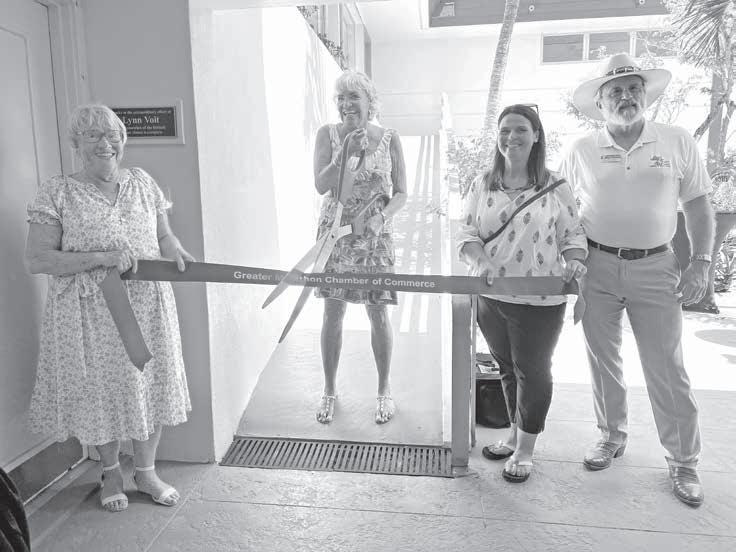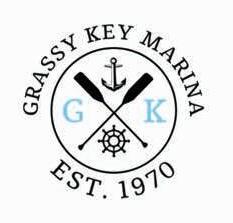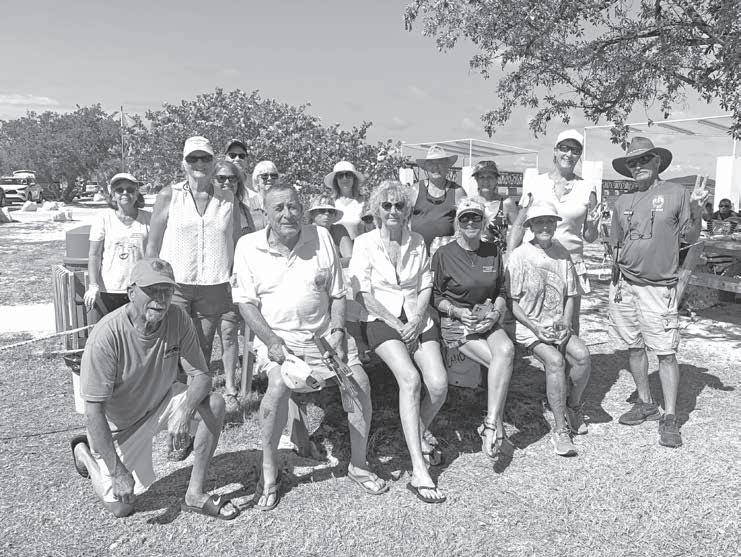
4 minute read
THE BEST THINGS IN LIFE ARE FREE BUT HOW DO THE MUSICIANS GET PAID?
My friend, local musician/ singer/songwriter Billy Davidson, recently posted what he called a rant on Facebook. Based on the very pertinent (to musicians) subject matter, I don’t see it as a rant — it’s just a statement on the sad state of affairs for independent musicians. Here’s Billy’s statement:
“Tonight I just spent $70.00 on a new harmonica. I can't sell CDs any more because there are no more CD players in cars and computers and I don’t have anywhere that I can sell my music. I just bought my daughter a coffee at Starbucks for $8.00, but I get (just) 99 cents for my songs on iTunes, (much less — $0.010 with Spotify, etc.) on a new song that I spend hours of studio time. Plus, I pay my drummer and bass player, and maybe a keyboard player and pedal steel player… (It’s a song) that you can keep forever. When I was 14, I could buy a new Beatles single for $1.29. That was 60 years ago, folks. I’ve got some new songs I’m about to release. … I’m thinking of charging $9.99 per song and I’m hoping that you can appreciate the fact that what I do is worth it. Let me know if I’m crazy.”
Billy makes so many good points. The cost of making music is still pretty high, especially for harmonicas that used to cost just $5.00 back in the 1970s. Studio time or professional recording equipment will set you back several thousand. But people believe that their recorded music should be free, or simply a part of their incredibly inexpensive streaming subscription. It doesn’t work that way for other entertainment options like movies or cable. So why is it that musicians are the ones who constantly get screwed?
The music streaming business is quite lucrative, to the tune of more than $12 billion a year. Yet the musician/artist earns no more than a penny per stream. And some, like Amazon, pay out just 3/10ths of a cent per stream. The distributors rake in the dough, while the actual content creators get shafted. I know this to be true — all my music is on those streaming services. Every now and then I get a direct deposit for $20.00.
Other musicians let their voices be heard in response to Billy’s statement. Paul Case wrote, “I am so disgusted that it’s everything is free — once you let it go it’s gone and free. … I’m charging $25.00 per CD and it’s still not enough to pay for my recording (and) cost of everything.”
Gary Hempsey responded, “I had 220,000 views on a video — zero dollars. That video cost $10,000.00 and the recording of the song (cost)
$2,500.00.”
David Goodman added, “No one wants to have what they have produced, created, invented and spent years perfecting, given away without compensation. But for some reason, people think it is okay to give our music, our ‘intellectual property’ away, or get it, for free. And here's another rant. The venues we play, we are making the same as or less money than we made in 1990!! Our equipment costs, fuel costs, vehicles, rent/mortgage, food, taxes, etc. have gone through the frickin’ roof and we’re actually earning half of what we made thirty years ago!” David continued, “People have no idea the expenses we incur to do what we do. Or how hard we have worked to sound as good as we do. They hear some hack in a bar who sucks but he can play ‘Slow Dancing In a Burning Room’ with some watered down internet tracks and sh***y-sounding modeled guitar and licks he learned from YouTube, and they don't know the damned difference anymore.” Preach on, brother!
Brian Le Mar wrote, “Unfortunately, the recording (no matter what it costs to make) is now a promotional tool to entice attendance at live performances (that’s why concert ticket prices are so high).”
Even artists who rack up hundreds of thousands or millions of streams think the new music business model sucks. Peter Frampton is a sad example, as he tweeted about his situation back in 2018: “For 55 million streams of ‘Baby I Love Your Way,’ I got $1,700.00. I went to Washington with ASCAP last year to talk to lawmakers about this. Their jaws dropped and they asked me to repeat that for them.”
If a music legend like Frampton can’t do anything about it, what chance do we have? Our best bet is to support the local live artists by buying a CD or other merchandise, and sharing how to get their music with our friends. Otherwise, we will watch the death of good recorded music in front of our very eyes.
— John’s Perpetual Island Tour stops every Monday at Boondocks, Tuesday and Wednesday at the Key Colony Inn, and Thursdays at Sparky’s Landing. Check out John’s music anywhere you stream or download your music! Or point your browser to: johnbartus.hearnow.com
Established in 1970, Grassy Key Marina and Market offers a wide array of services including dry and wet boat storage, and a well maintained boat ramp. Grassy Key Marina and Market is a one stop shop that includes boat rentals, a well stocked grocery store, live/frozen bait, and all of your tackle needs. The marina is recently under new ownership and an emphasis has been placed on providing the customer service and setting that allows consumers to enjoy the beautiful Florida Keys. Jeff Vastola, owner, says the keys to their success is the upbeat atmosphere and helpful employees. "We are constantly striving to make improvements in our operations and aesthetically so that the marina is a place that suits the needs of all and provides a memorable experience" said Vastola. Grassy Key Marina and Market will never stop pushing to make its service and atmosphere better in hopes of continuing to meet all needs of Keys Residents and visitors alike.

Squeaky Clean Beaches
Twenty-six members of the Marathon Moose Lodge celebrated Earth Day on April 22 with a cleanup of Loggerhead Beach at Bahia Honda State Park. Pictured, from left, are volunteers JoAnne Costa, John Dziedzic, Pam Gauthier, Ginger Perrault, Ron and Peggy McEwan, Bob Kroschel, Holly Kepcha, Linda Wilton, Barbara Paget, Judy Dahlfues, Bob Wilkinson, Donna Ferenci, Melissa Thomas, Janie Byland and Twyla Sweetmoon. CONTRIBUTED









